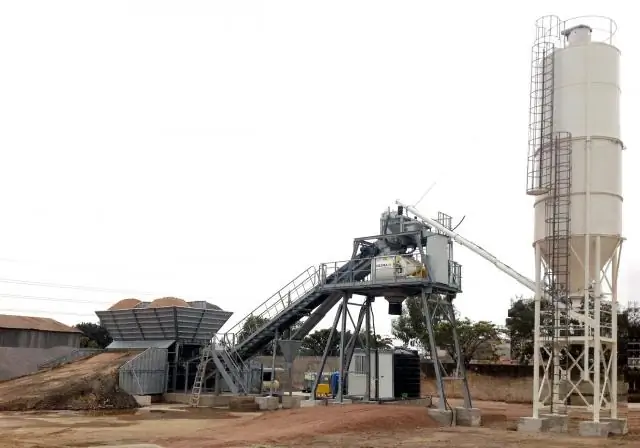Alkalosis
Alkalosis (alkalosis, alcalosis; late Latin alkali, alcali - alkali, from Arabic al-qali - plant ash + -oz - Greek word-formation suffix -sis of a non-inflammatory disease) is one of the forms of violation of acid-base balance in the body, which is characterized by a shift in the ratio between base cations and blood acid anions in the direction of increasing cations.
Allocate:
- Excretory alkalosis (alkalosis excretoria) - developing due to the delay of alkaline cations or the loss of a significant amount of acid anions by the body. The disease develops with intestinal obstruction, pyloric stenosis and other conditions, which are accompanied by indomitable vomiting, as well as in cases of impaired sodium excretion by the kidneys;
- Gas alkalosis (alkalosis gasea; synonyms: respiratory alkalosis, respiratory alkalosis) - arising from excessive removal of carbon dioxide from the body. The disease can develop with brain tumors, fever, surgery, hysteria and other conditions that are accompanied by artificial or natural hyperventilation of the lungs;
- Compensated alkalosis (alkalosis compensata) - characterized by the absence of significant shifts in blood pH (remains in the range of 7.35-7.45);
- Metabolic alkalosis (alkalosis metabolica; synonym: metabolic alkalosis) is a form of non-gas alkalosis arising from metabolic disorders and the accumulation of metabolites with alkaline properties in the body;
- Non-gas alkalosis is the general name for alkalosis that is not associated with excessive excretion of carbon dioxide from the body (excretory, metabolic, etc.);
- Uncompensated alkalosis (alkalosis incompensata; synonym: decompensated alkalosis) - characterized by a shift in the pH of the blood to the alkaline side (more than 7.45);
- Exogenous alkalosis (alkalosis exogena) - non-gas alkalosis, which develops due to the intake of significant amounts of alkaline substances in the body with food, in case of poisoning or in the form of drugs.
Found a mistake in the text? Select it and press Ctrl + Enter.







